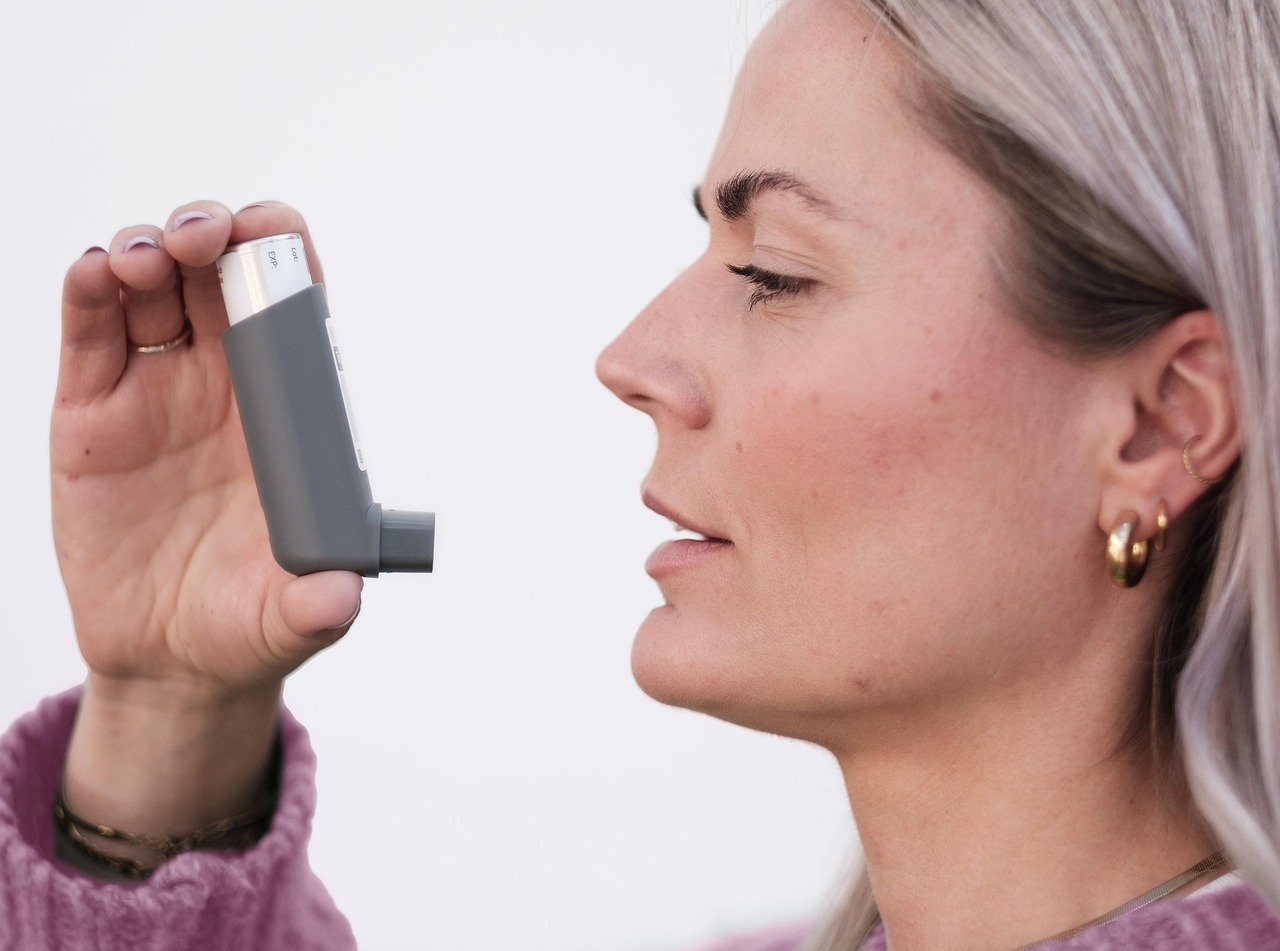A lot of people mix up colds and flu. You often hear people say they have the flu when they have a simple cold, but what’s really the difference?
Firstly, there are roughly 200 common cold viruses and thousands of flu viruses, but usually, only about four of the flu viruses are around at any one time. Each year people can catch two, three or four colds, some people more, but most people will only catch that number of flu viruses in their entire lifetime. That’s the first big difference between the two types of illness.
The Signs To Look For
So how do you tell the difference between the two viruses? How do you know your work mate is not pulling a sickie? In truth it’s not that easy, and thanks to some myths surrounding the topic, it can even be difficult for a highly trained doctor to get it right all the time.
There are, however, some clues. If the person has a pounding headache, a fever, they seemed fine in the morning but are in bed by the evening complaining their body feels like it just went several rounds in a boxing ring, and they are coughing badly, chances are they have flu. If they seemed OK in the pub the night before, but are phoning in sick and are still in bed with the above symptoms, chances are, again, it’s flu, and not necessarily the five pints they downed. If, on the other hand, they don’t have a headache, don’t have a temperature, just feel a little achy, are sneezing, have a runny nose, a sore or tickly throat, a hacking cough and they became ill slowly, maybe they started to complain a day or two earlier, chances are they have a common cold.
In general, if someone becomes ill slowly and has mild symptoms it’s one of possibly a few colds that they will get that year. If they have become ill very quickly and have a fever, it’s flu. Of course, nothing is ever that clear cut; sometimes people will get very mild cases of flu, and very bad cases of a common cold.
Protect Yourself
Unless you are in an at-risk group for complications from a respiratory virus infection, e.g., elderly, asthmatic, diabetic, heart problems or any chronic illness, the treatment is the same. Importantly, if you are in one of the groups I just described YOU MUST go and get a flu vaccine in September/October every year. In these groups flu can be very serious, and the vaccine will help protect you.
For the rest of us, it’s a case of treating the symptoms. Stock up on throat lozenges for a sore throat, painkillers for a headache etc, and keep well hydrated. Also, don’t forget to rest! If you don’t get better in a few days, start coughing up green stuff, or feel you are getting much worse, talk to your pharmacist first – they will then tell you if you need to go to your Doctor.
Lastly, and sorry to all the bosses and managers reading this, but DO NOT go to work or out to play! It won’t help you to get over it, and it will spread it to your workmates, who will then also be unable to work, or pass it on to your friends – who may be a little less friendly in the future.
Summary was written by Dr Rob Lambkin-Williams [[email protected]]
















